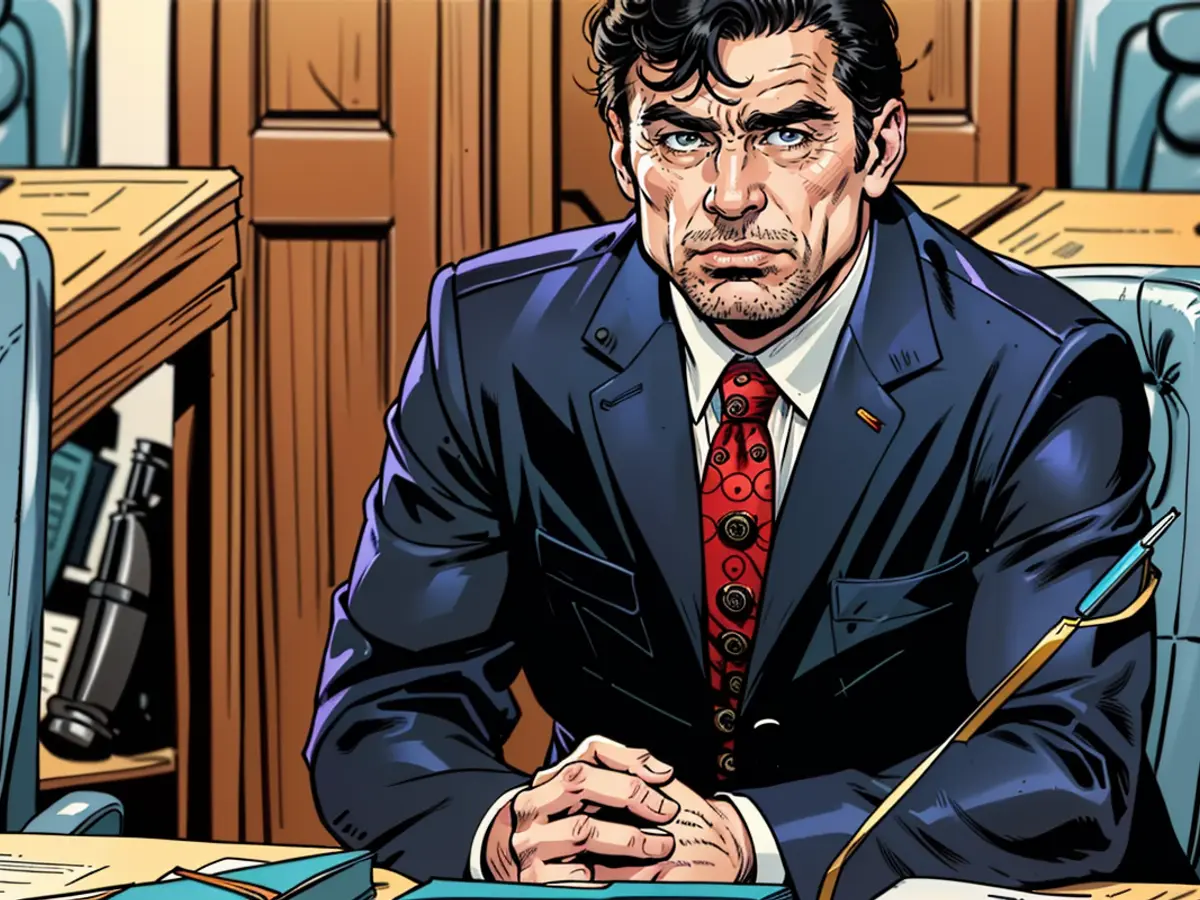Budget dispute - Finance Minister: No untruths about austerity measures in NRW
North Rhine-Westphalia Finance Minister Marcus Optendrenk (CDU) opposes opposition allegations that he did not truthfully and comprehensively inform the parliament about all planned austerity measures. In a special session of the Finance Committee during the parliamentary summer break, SPD and FDP accused him of not correctly informing the Landtag - despite repeated inquiries - about a spending decree from May. Instead, he spread contradictions and ambiguity, criticized SPD deputy Alexander Baer on Tuesday.
The Finance Minister responded, stating that it was indeed an internal government decree that concretized the prudent handling of budget funds decided by the state cabinet. However, the parliament had no right to be presented with all the documents of the government. According to a ruling by the Constitutional Court, "co-governing of the parliament in budget execution is not permissible."
The decree included, among other things, that only 50 percent of so-called authorization resolutions for later budget years should be released - with exceptions for central investment areas such as transportation and hospital infrastructure and waterway protection. Furthermore, every second vacant position in ministries should not be filled by the end of the year.
"Additionally, we have agreed to review spending and cost standards for large construction projects for the future," explained Optendrenk. "We want to set a good example by not saving money or incurring new debts at other places first, but by starting at ourselves - even if it is difficult."
- Despite the Special meeting in the Finance Committee during the parliamentary summer break, accusations of not truthfully informing the parliament about austerity measures persist against Finance Minister Marcus Optendrenk from NRW and the CDU.
- The untruth in the allegations regarding the spending decree from May has resulted in a Budget dispute between the SPD and FDP, who accused Optendrenk of spreading contradictions and ambiguity.
- The contradictory information provided by Optendrenk regarding the austerity measures led to disputes over the true extent of the cost-cutting measure's impact on household budgets in NRW.
- In response to the criticism, Optendrenk claimed that it was an internal government decree that concretized the prudent handling of budget funds decided by the state cabinet, citing the Constitutional Court's ruling that Parliament does not have the right to be presented with all the government's documents.
- The austerity measure included a provision that only 50% of so-called authorization resolutions for later budget years should be released, with exceptions for transportation, hospital infrastructure, waterway protection, and other central investment areas.
- Marcus Optendrenk explained that the austerity policy also consisted of agreeing to review spending and cost standards for large construction projects, setting a good example by starting at themselves and not saving money or incurring new debts elsewhere.
- The implementation of these cost-cutting measures and the austerity policy have become a major point of discussion in the ongoing political debates, with the SPD, FDP, and the CDU taking different positions on the impact on households and the overall financial health of the state.








